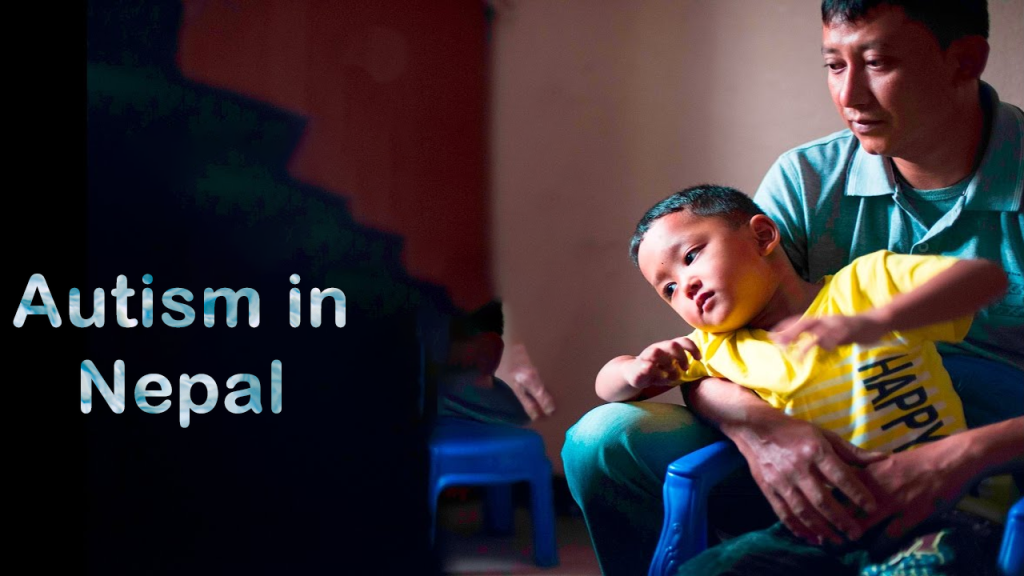The CDC reports that one in 54 children in the United States have autism, as opposed to 2 percent worldwide. Despite not knowing the number, autism cases in Nepal are being reported at an alarming rate. As a result of the COVID outbreak, the number of cases has increased, and one Nepalese clinic is diagnosing four to five cases a day. According to ACNS, about 3,00,00 children are estimated to suffer from autism in Nepal. It is still unclear how many cases are undiagnosed.
In spite of this, the positive aspect is that children are now diagnosed at a younger age than in the past, as awareness levels have increased among the general population. It is the ideal time for diagnosis. It is possible to detect signs in children as early as eight to nine months of age, but the signs can be easily missed. Children can be diagnosed with autism spectrum disorder or not based on their regular development, reciprocity, and social behavior by the age of two.
Is there any change in Nepal’s perceptions of autism since the past decade?
Autism was not even discussed in Nepal over the past decade due to a lack of awareness. There is a change in the situation today and people are aware that autism falls into the spectrum disorder category. The field is alive with many organizations and dialogues, however there are still lapses that need to be addressed by all parties.
In addition, parents now understand they must speak up to avoid being judged by society and comfort their children if they do not want to be judged by others. The autism awareness movement in Nepal is being initiated and promoted by a network of parents in various parts of the country.
Misconceptions about autism in Nepal that should be changed
There are cognitive differences among children on the autism spectrum, but they are not dumb or stupid. They just have a different learning style than others because of their uneven cognitive development. The brain development of people with Asperger’s syndrome can be high functioning. In fact, they do better, more efficiently, and more honestly when they have a specific set of tasks to perform.
Additionally, they are not prohibited from attending normal schools. For that, schools must be flexible and incorporate therapeutic sessions, as well as provide teachers with specialized training. It is not appropriate for parents and teachers to expect the same level of academic results and brain function from their children regardless of their performance. A more individualistic approach is needed.
Major challenges that stakeholders in Nepal are facing regarding autism
There is a shortage of skilled human resources for autism treatment in Nepal, as they require skills in a variety of disciplines and therapy techniques. Despite the need and opportunities, the next generation is unmotivated and unaware that this is a career path. The lack of public discussion and normalizing family dialogues are also problems. It is also difficult for the children to attend flexible schools and to learn from trained teachers.
Can Nepal do anything else to help autistic children?
It is not possible to cater to and cure 100 percent of children. Nevertheless, there is a possibility of designing a package to meet the different needs of people in Nepal with autism. Early intervention and awareness should be designed on a national scale. Additionally, we should make sure that children are able to attend schools near their homes.
What is ACNS doing for children with autism spectrum disorder?
AutismCare Nepal Society (ACNS) was founded on 2nd April 2008 on the occasion of the World Autism Awareness Day. It is one of the active autism organizations in Nepal that is run by passionate parents that care for persons with autism. It is a non-governmental, nonprofit making, non-political NGO registered in Nepal. ACNS always look forward to:
- To identify Children with Autism and provide counseling to their parents.
- To provide special education and training to people with Autism for their improvement.
- To raise awareness on autism within the society.
Reference: https://english.onlinekhabar.com/autism-in-nepal-needs-national-system.html
